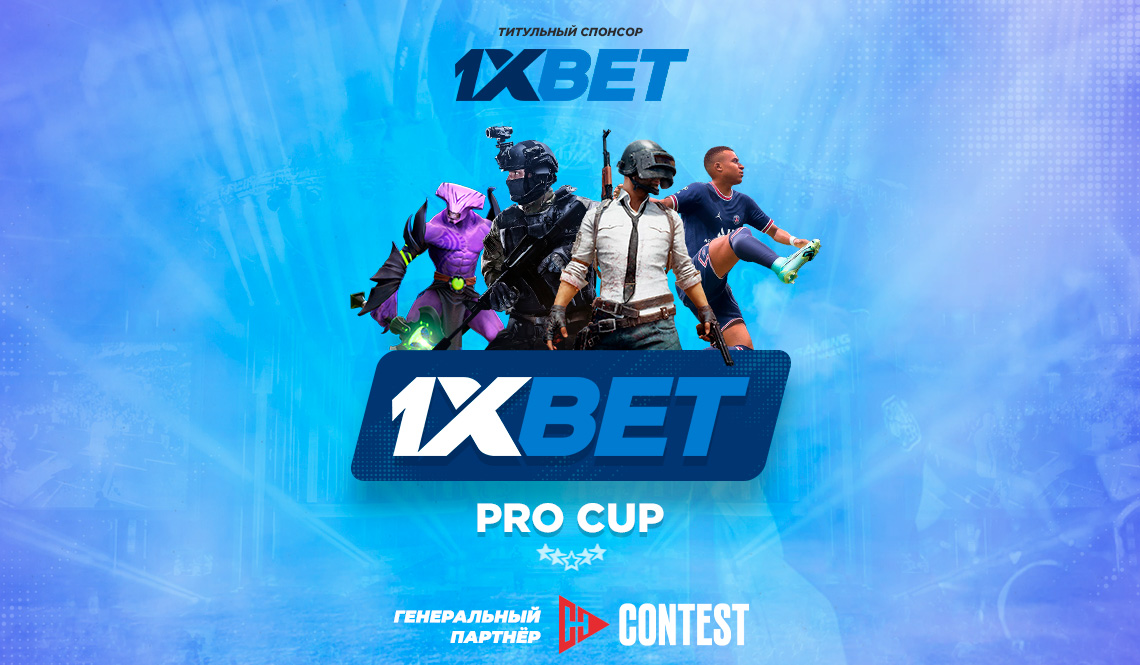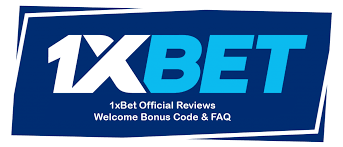sport bet Smart Strategies, Risk Management and Analytics for Modern Bettors
aviator game — Comprehensive Guide, Strategies, and Responsible Play
10/09/2025Play Online slots, Table Game & Wagering Safer & Fun
10/09/2025sport bet Smart Strategies, Risk Management and Analytics for Modern Bettors

In the evolving landscape of sports wagering, understanding how to approach sport bet decisions with discipline and data-driven insight separates recreational gamblers from consistent winners. Incorporating sound strategy, careful bankroll management, and continual learning can transform how you view outcomes and long-term profitability. For players exploring alternative games and promotions, one emerging option worth noting is sport bet plinko malaysia real money which some bettors use to diversify entertainment while maintaining a controlled staking approach.
First and foremost, define your objectives. Are you seeking entertainment value, occasional wins that offset losses, or steady long-term profit? Each goal demands a different mindset. Entertainment-focused bettors should prioritize budget limits and treat losses as part of the experience. If your aim is consistent profit, commit to a disciplined program that combines selective market choices, rigorous record-keeping, and ongoing evaluation of results.
Bankroll management is the backbone of any serious sport bet strategy. Determine a dedicated bankroll that you can afford to lose without affecting daily life. From there, implement staking rules — fixed stakes, percentage-based models, or the Kelly Criterion for those familiar with probability assessment. Fixed-stake systems simplify tracking and reduce impulsive changes after a streak, while percentage staking scales with your bankroll and helps preserve capital during downturns.
Understanding odds is essential. Decimal, fractional, and American formats all represent the same concept: implied probability. Convert odds to implied probability to compare with your own assessment of an event. A clear edge exists when your estimated probability for an outcome exceeds the bookmaker’s implied probability after accounting for margin. Many successful bettors focus on value rather than chasing favorites; finding small, consistent edges over time compounds into meaningful returns.
Market selection matters. Some markets — like major league match winners or high-profile tennis matches — attract sharp action and tighter lines, making it challenging to find value. Consider niche leagues, lower-division fixtures, or prop markets where bookmaker resources are thinner and inefficiencies are more likely. However, niche markets demand greater expertise; absence of public information can increase variance, so balance risk with knowledge and research.
Data and analytics increasingly power modern sport bet strategies. Track historical trends, head-to-head statistics, player form, injuries, and situational factors such as travel or weather. Use objective models to process many variables and generate probabilities. Even simple models that weight recent form and venue effects can outperform guesses rooted in intuition alone. Beware of overfitting: models should generalize to new data, so validate them using out-of-sample testing and realistic assumptions.
Line shopping and multiple accounts are practical habits that protect your margin. Bookmakers differ in how they price events; having access to the best available odds reduces your cost of betting. Compare implied probabilities across platforms and move quickly when you identify favorable pricing. Consider automated alerts or odd-monitoring tools to identify discrepancies in real time, especially valuable for live betting scenarios.

Live betting brings unique opportunities and risks. In-play lines adjust quickly as momentum and situational context unfold. Bettors with keen observational skills and rapid access to information can capitalize on short-lived inefficiencies. Yet live markets are volatile; liquidity restrictions and latency can lead to slippage. Establish strict rules for in-play stakes and avoid chasing losses with impulsive wagers when emotions run high.
Psychology plays a central role in sport bet outcomes. Cognitive biases — such as chasing, recency bias, and overconfidence — undermine decision quality. Set pre-defined criteria for each bet and adhere to them. Use a betting journal to record rationale, stake size, and outcome to identify behavioral patterns and improve over time. Emotional control is often the differentiator between bettors who break even and those who maintain an edge.
Responsible gambling should never be overlooked. Set deposit limits, use self-exclusion tools if necessary, and never borrow money to place bets. Treat sports wagering as one component of your entertainment budget. If wagering begins to cause stress, financial strain, or relationship issues, seek help from professional support services and consider reassessing involvement.
Promotions and bonuses can enhance value if used wisely. Free bets, matched deposits, and accumulator bonuses reduce the downside when terms are favorable. Always read the fine print — wagering requirements, odds restrictions, and withdrawal limits can negate apparent benefits. Calculate the true expected value of any promotion before committing funds.
Legal and tax considerations vary by jurisdiction. Understand the legality of online and offline wagering where you reside and how gains are taxed. Compliance avoids costly penalties and ensures long-term access to regulated markets that offer consumer protections and fair play standards.
Continuous education sets successful bettors apart. Follow reputable analytics blogs, participate in forums with experienced handicappers, and study market-moving factors such as coaching changes, player transfers, and schedule congestion. Attend to evolving tools like predictive modeling frameworks and machine learning approaches but remain skeptical of “black box” systems that promise guaranteed profits.
Finally, cultivate patience and take a long-term perspective. Variance is inherent in sport bet; even an edge can produce losing streaks. Focus on process over short-term outcomes: refine your models, manage your bankroll, and build habits that sustain consistent decision-making. Over time, disciplined application of these principles can transform sport bet from a pastime into a structured, informed pursuit with measurable goals and realistic expectations.
